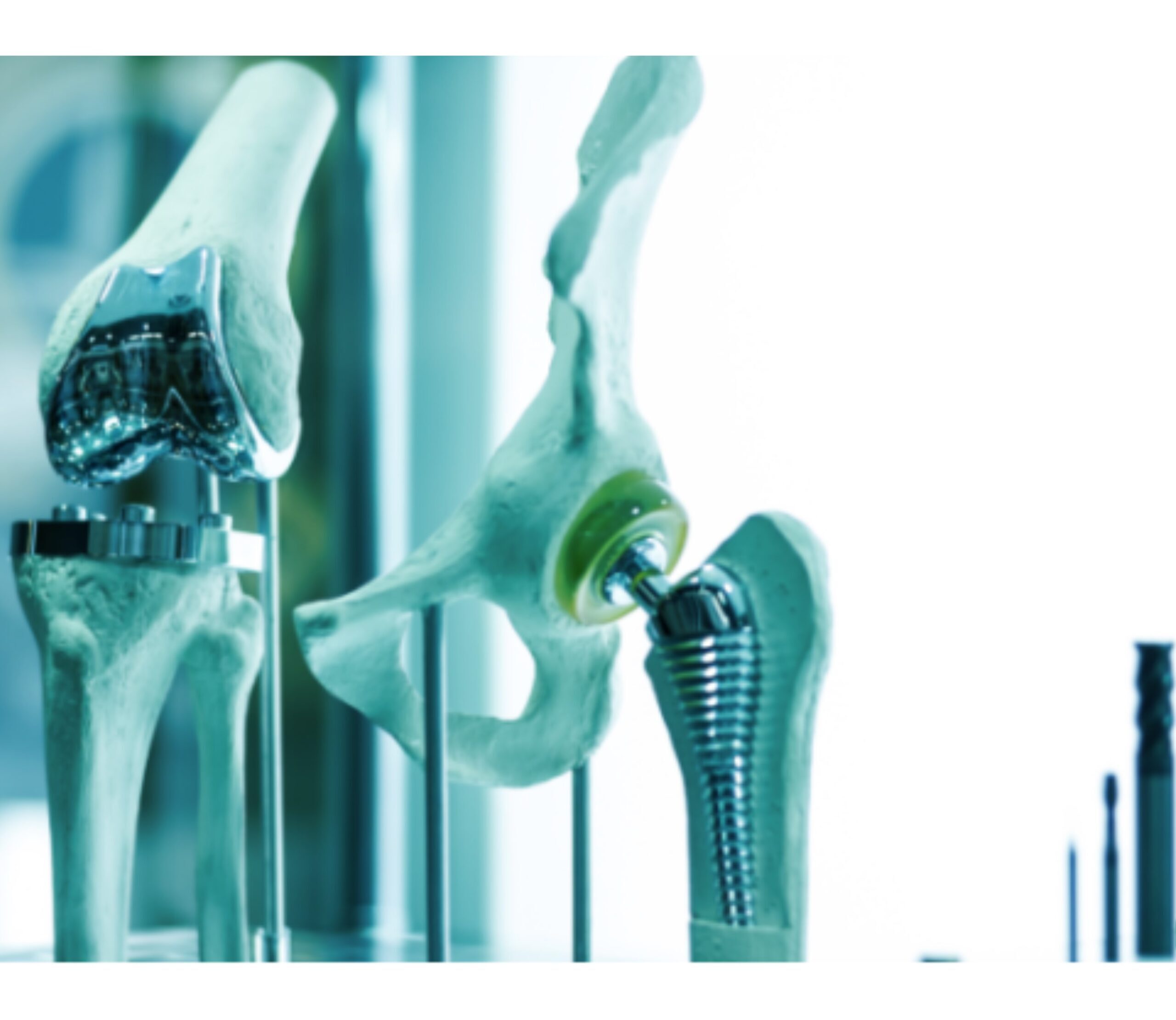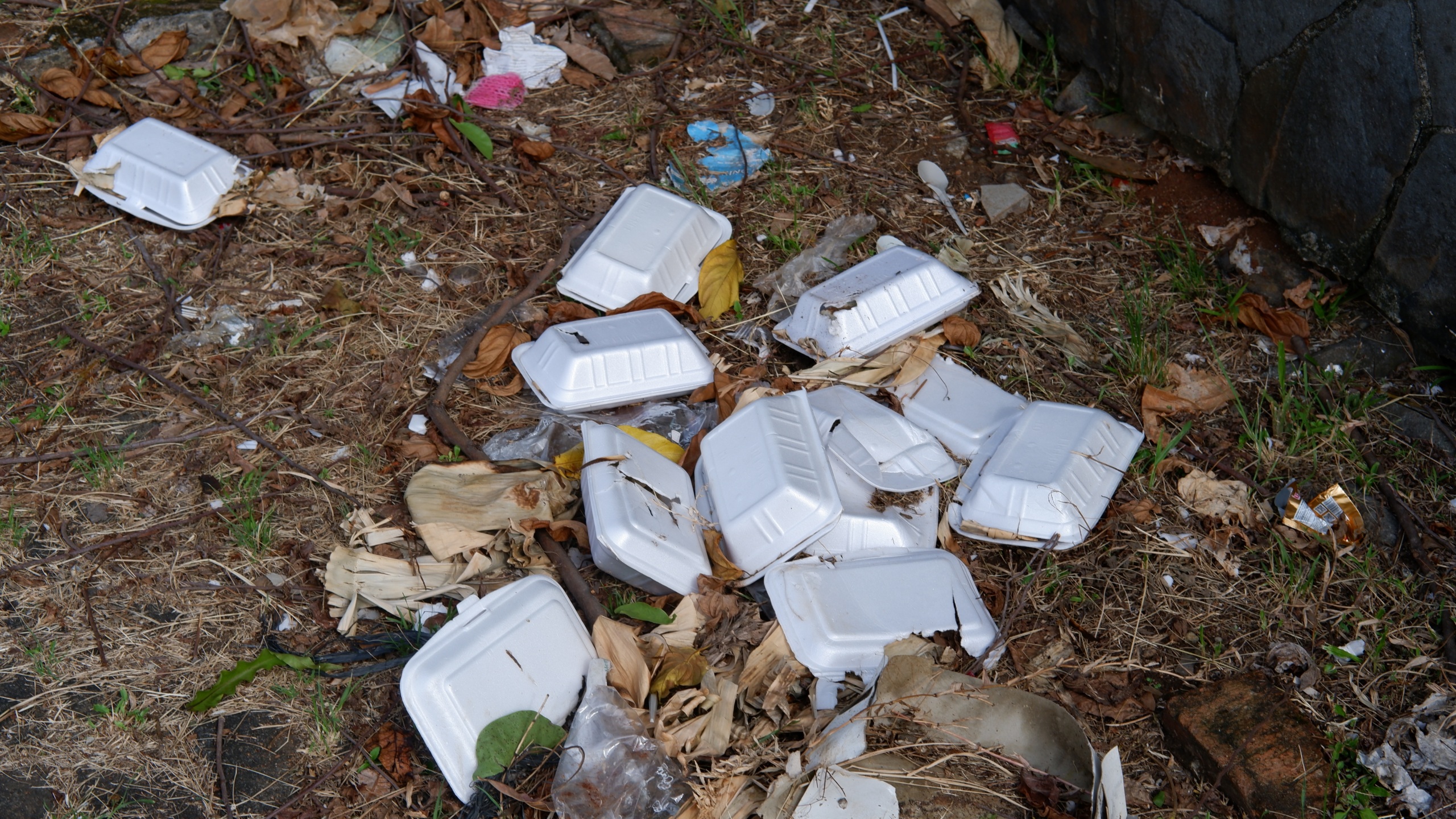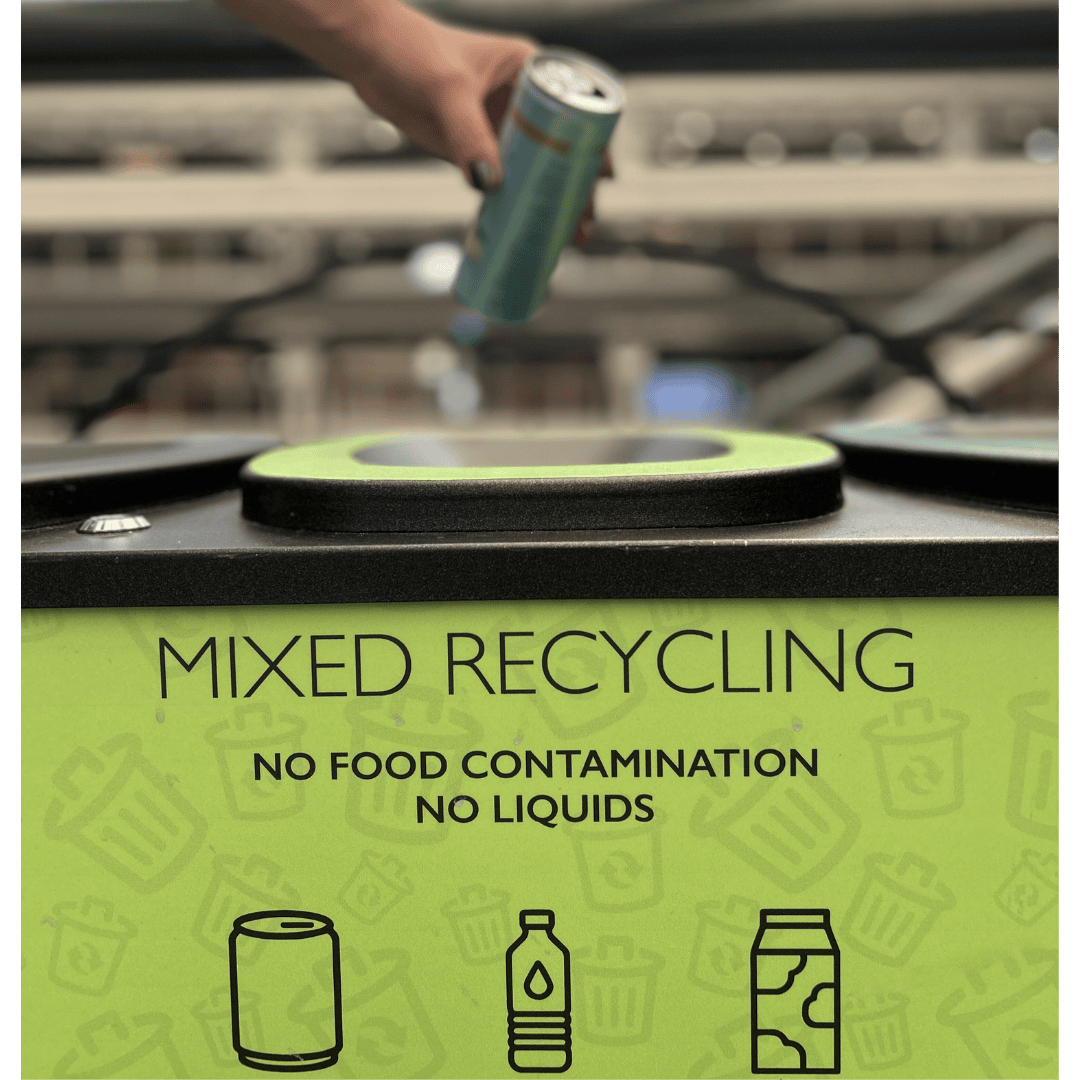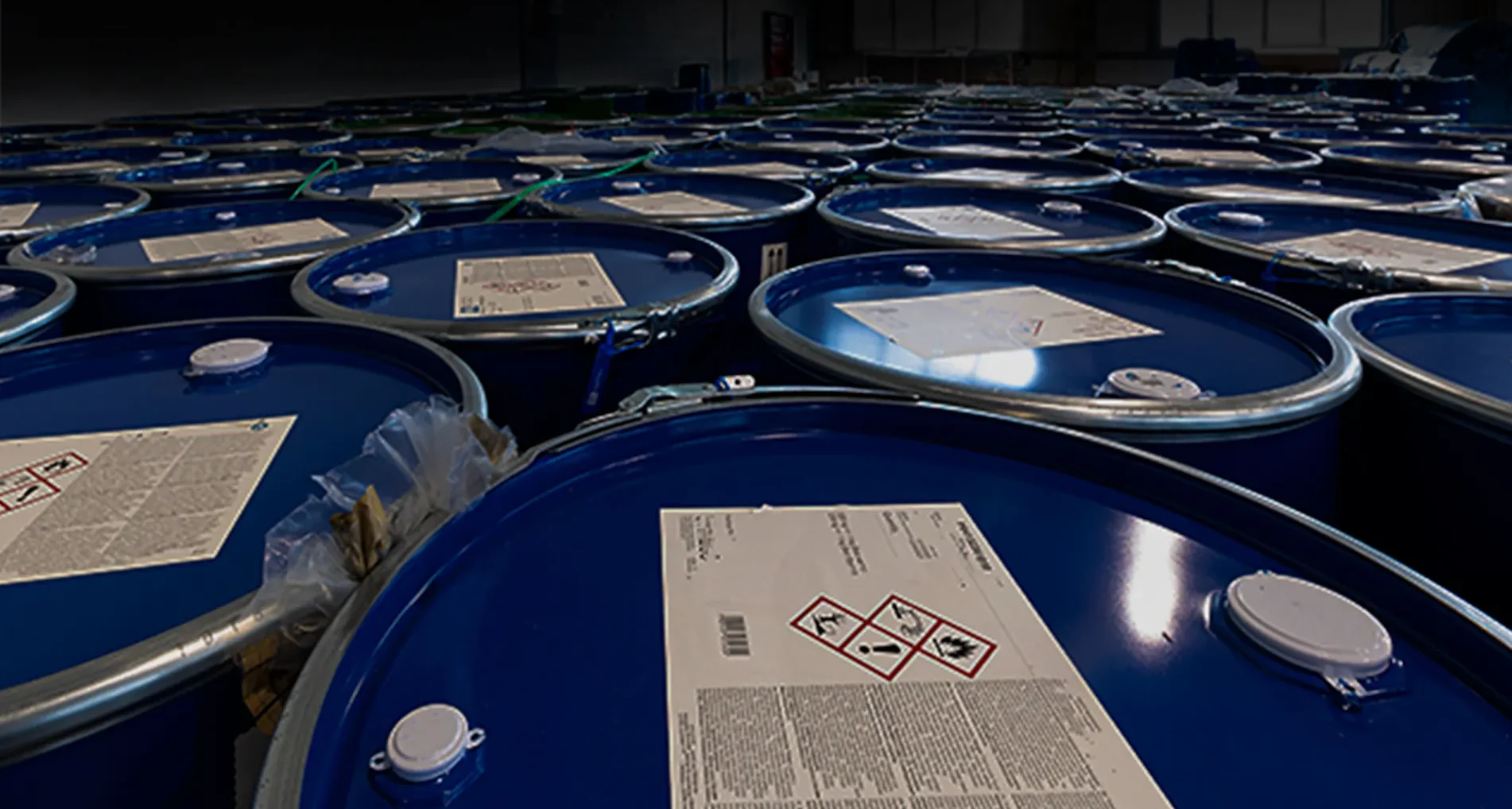What Happens To Metal Body Implants After Death? A Global Look At Recycling And Reuse From Secure Waste. Expert Solutions For 2025
This article will delve into recycling metal implants following death and cremation. Secure Waste collaborates with numerous funeral homes and select crematories across Maryland, Virginia, and Washington, D.C.
While metal implant recycling is not a new concept, it is gaining increasing attention due to these precious metals’ intrinsic value and applications. The growing awareness of sustainability and resource recovery has propelled this practice into the spotlight, highlighting its significance in environmental conservation and economic benefit.
Traditionally, many implants ended up as waste, either buried in the ground or incinerated with the body, contributing to hundreds of tons of metal waste every year. However, innovative recycling and donation efforts give these medical devices a second life, benefiting the environment and others in need.
This article explores how metal implants and devices are recycled after death globally, and why proper medical waste management, including partnering with the right experts, is so important. Secure Waste Services funeral homes and cremation services across Maryland, Virginia, and Washington, D.C.
A stainless steel hip joint implant. Durable orthopedic implants like these often remain intact after cremation and can be recovered for recycling rather than being wasted. Modern joint replacements use high-grade metals (e.g., titanium, cobalt-chrome) that are valuable for reuse in other industries.
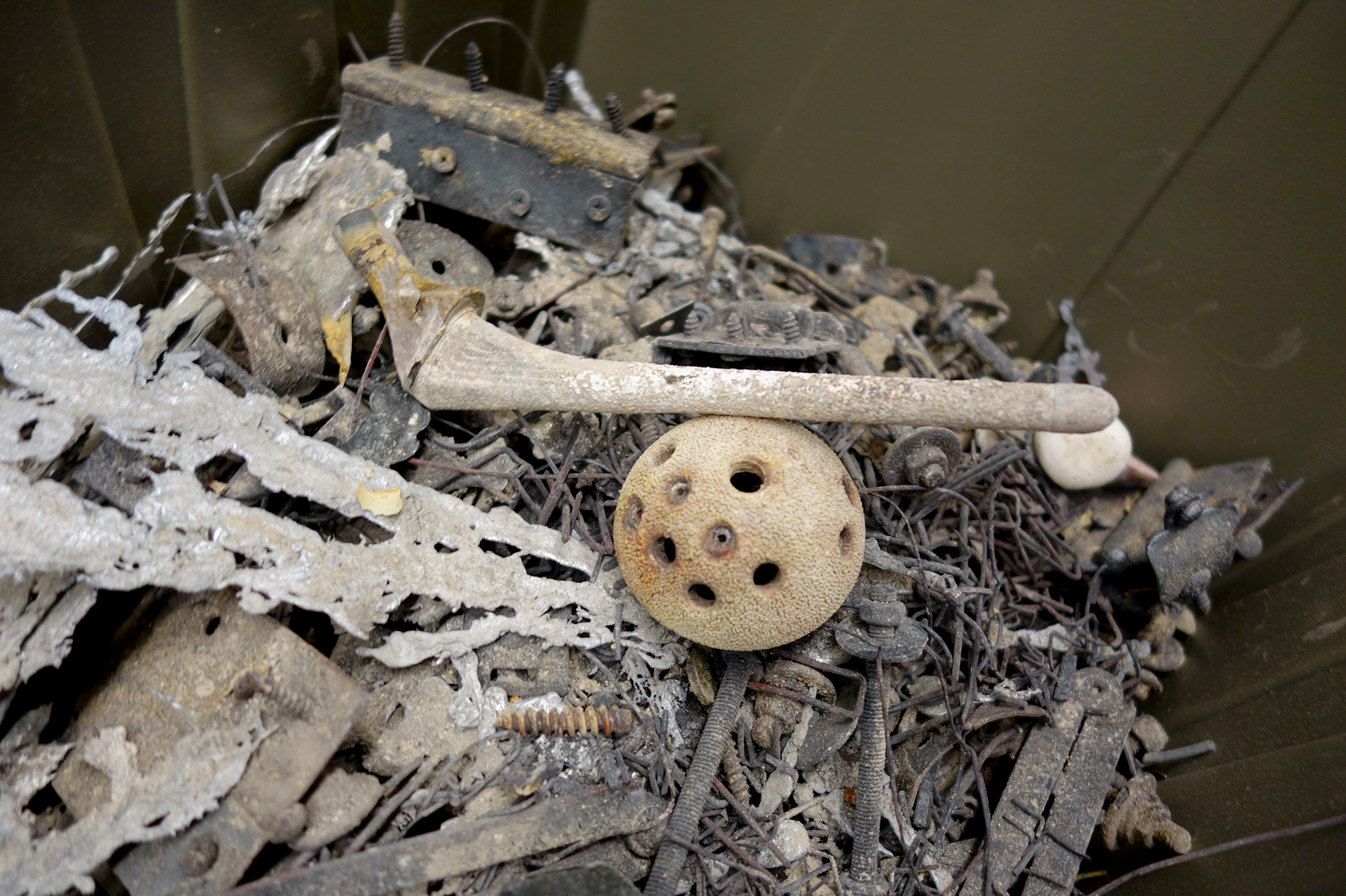
From Ashes to Industry: Recycling Metal Implants After Cremation
Not long ago, any artificial joints, metal plates, or dental work in a person’s body were buried or sent to the landfill along with the body or its ashes. This means precious metals and alloys were lost underground, and could even pose environmental hazards as they corroded.
A new approach has emerged recently: recycling the metal implants after death instead of treating them as waste. The most common scenario for implant recycling is following cremation.
When a body is cremated, metal components do not burn – orthopedic hardware, dental metals, and surgical pins remain in the ashes.
Many crematoriums now separate these metal remnants from the cremated ashes and collect them in designated bins. Rather than disposing of this material, the crematorium can ship it to a specialized implant recycling company at no charge for processing.
Specialized recycling firms have sprung up to handle this process on a large scale. One Netherlands-based family company pioneered implant recycling in the 1990s and now works with over 700 crematoria in more than 20 countries to collect post-cremation metals.
The recycler provides participating crematories with free containers to toss all non-organic remains after cremation; once or twice a year, the filled bins are picked up and replaced. This turnkey system makes it easy for even small crematories to participate in recycling programs.
All materials are handled with care and respect – as one crematory operator noted, “the metals are not only going to be reused, we’re going to have a few extra dollars to provide to charity and do some good work”, transforming something that previously “was going to no good” into a positive outcome.
How are the metals reused? After collection, the mixed metals are sent to facilities, sorted, analyzed for composition, and smelted for reuse. High-grade metals like titanium and cobalt-chrome alloy (commonly used in joint replacements, bone plates, and screws) are very valuable.
These can be sold back to manufacturers to become new industrial parts or even new medical implants. In practice, metal recovered from an implant might end up in an airplane engine, a wind turbine, or a brand-new artificial hip.
Precious metals from dental work are another significant contributor: gold and silver from tooth fillings or crowns can be melted and refined for jewelry, electronics, or new dental implants.
Likewise, platinum and palladium from dental or medical implants are recycled in catalytic converters, electronics, or medical equipment. Any lower-grade metal unsuitable for specialty uses is sold as scrap metal, ensuring it doesn’t end up in a landfill.
In short, the metals that supported someone’s health in life can be given a new purpose after death, from helping build infrastructure to crafting new devices.
- Examples of Recycled Implant Metals and Their “Second Life”:
- Orthopedic alloys (cobalt, titanium): Re-melted in aircraft engines, auto parts, or even new joint implants.
- Dental gold and silver: Refined and reused in jewelry, electronics, or new dental restorations.
- Platinum & palladium: Recycled for vehicle catalytic converters and high-end electronics, or back into medical/dental applications.
- Stainless steel or other metals: Sold as scrap metal for general recycling, keeping these materials out of landfills.
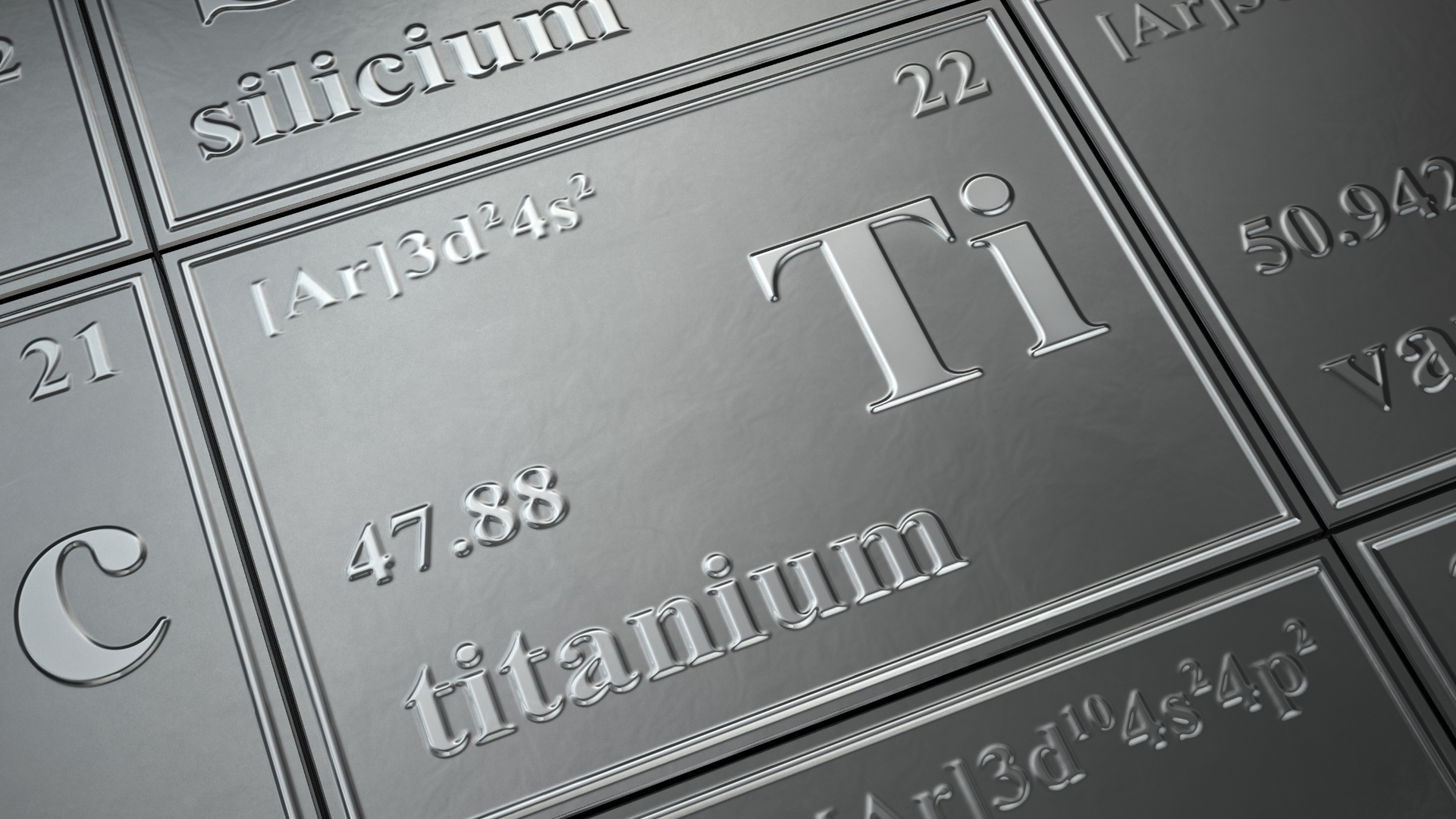
Recycling titanium in the healthcare sector offers significant value for high performance industries Promoting titanium recycling can reduce waste and contribute positively to environmental sustainability This practice minimizes the ecological footprint and supports the efficient use of resources to produce high quality medical instruments and devices
Benefits for the Environment and Communities
Recycling metal body parts isn’t just an interesting novelty – it significantly benefits society. First and foremost is the environmental impact.
Every pound of metal recycled from medical implants is a pound of material not left to leach into soil or take up space in a dump. By keeping metals like mercury, silver, or cobalt out of landfills, recycling prevents toxic substances from potentially contaminating groundwater and soil.
It also reduces the need to mine and refine new metals, which means less landscape destruction, soil erosion, and pollution associated with mining operations. In a world concerned with sustainability, even relatively small contributions (like a few hundred tons of metal annually) add to meaningful conservation of natural resources.
Communities can also benefit financially and charitably from these programs. Implant recycling is often set up as a win-win: after the recycler processes and sells the reclaimed metals, the proceeds (minus costs) are returned to the crematories or designated for charity.
Many crematories donate recycling refunds to local charities, hospice programs, or community projects. For example, one large cremation organization in Canada reported receiving $44,000 in its first year of participating in a metal recycling program, which it used to support hospice and palliative care in the region.
Thus, a practice that started as an eco-friendly measure became a new funding source for worthwhile causes. Even recycling companies encourage crematories to contribute their earnings to charity, helping to spread goodwill locally.
From the perspective of families who have lost a loved one, knowing that the person’s implants or dental work will be recycled can offer a small but absolute comfort.
The bereaved receive the ashes free of any bulky metal pieces or contaminants, and they gain the peace of mind that their loved one’s passing included one final act of helping others and the planet. Most grieving families support implant recycling when the process is explained to them.
Funeral directors and cremation providers report that being “green” is widely accepted now, and families are usually happy to consent once they learn how the metals will be handled with dignity and put to good use. Transparency and education are key – when people understand that a steel hip implant or gold tooth can be turned into something positive, they are eager to participate in the effort.
Assorted metal dental crowns and fillings, including one made of gold. Dental precious metals are among the most valuable materials recovered from cremation remains. However, even a single gold tooth is typically not worth retrieving individually due to the difficulty and cost of extraction.
A note on dental gold: Families sometimes wonder if they can recover gold teeth or crowns from a deceased relative. In practice, this is rarely feasible or worthwhile.
Funeral directors are not licensed to extract teeth, and very few dentists will perform an extraction post-mortem.
Even if one could remove a gold crown before cremation, the value of the gold (~$50) would be far outweighed by the procedure cost. And after cremation, any dental gold melts and disperses into the ash, making it impossible to isolate. For these reasons, donating the mixed metals through a recycling program is a far better solution than attempting to salvage individual dental pieces.
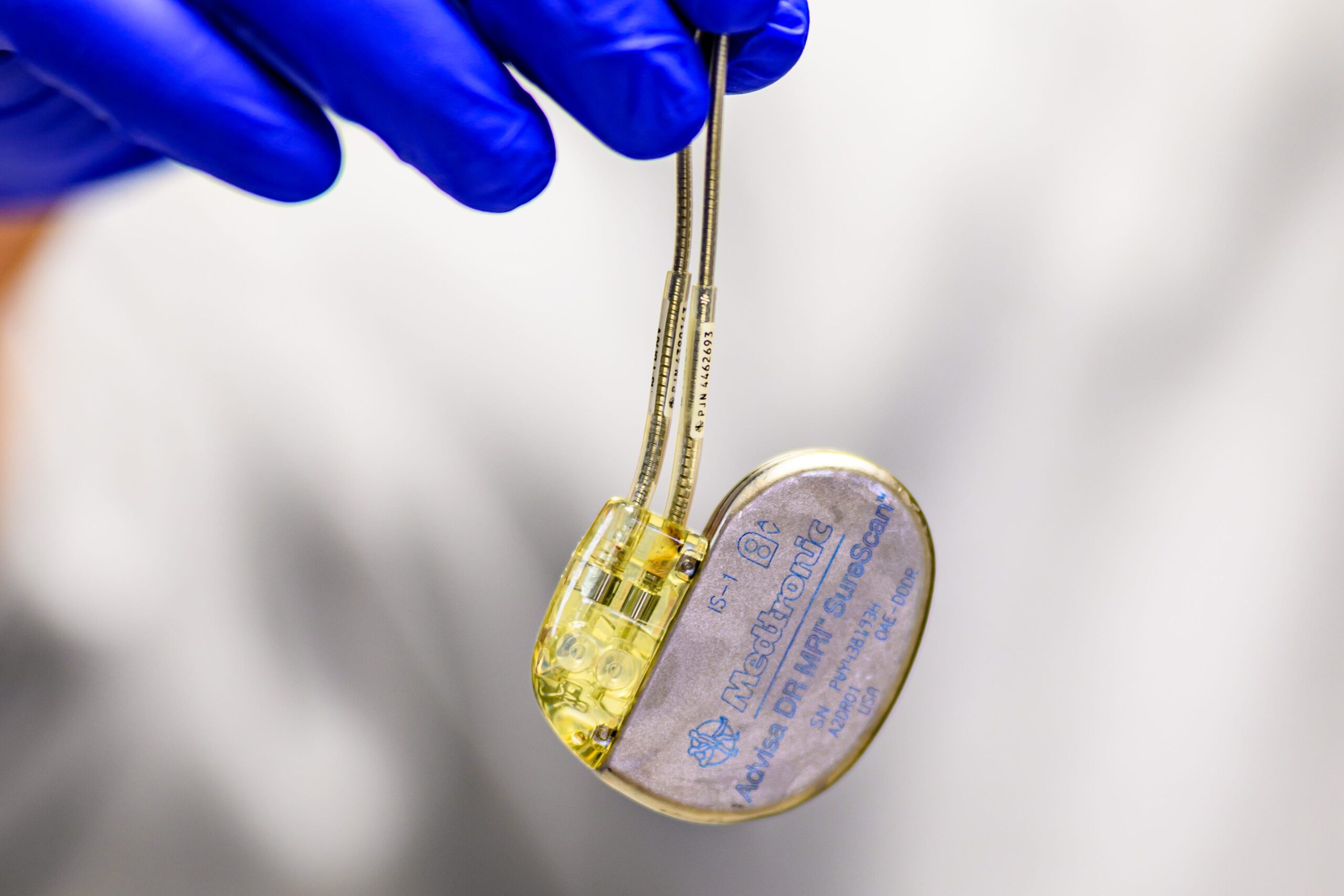
Life-Saving Devices: Pacemaker and ICD Reuse Programs
Not all implanted “body parts” are purely metal or inert. Pacemakers and implantable cardioverter-defibrillators (ICDs) are electronic devices that regulate heart rhythm.
Tens of thousands of people receive these cardiac implants each year, and at any given time, millions worldwide are living with a pacemaker in their chest. When a person with a pacemaker dies, special considerations come into play. If the body will be cremated, the pacemaker must be removed first – these devices contain batteries that can explode in the high heat of a crematorium.
Funeral homes routinely extract pacemakers before cremation as a safety measure, but unfortunately, in the past, those perfect devices were usually just treated as medical waste and discarded. If the person is buried, the pacemaker is often buried with them, resulting in a lost opportunity. This is a tragic outcome because pacemakers and ICDs don’t lose their utility when a patient dies – a device that may have years of battery life left could potentially keep another person alive.
Indeed, the global need for pacemakers in low-income regions is enormous. Medical authorities estimate that millions of people in poorer countries suffer or die each year because they cannot afford a pacemaker or defibrillator implant.
A brand-new pacemaker can cost $5,000 to $10,000 (USD), a price far out of reach for many patients in developing nations. Meanwhile, in the U.S. alone, there are tens of thousands of pacemakers removed annually from people who either died or received an upgraded device.
This disconnect has inspired doctors and researchers to launch pacemaker reuse initiatives that collect used devices, refurbish them, and implant them into new patients overseas who could not otherwise get one. The practice is known as compassionate use device recycling. Although it’s not yet approved in countries like the United States due to regulatory barriers, it saves lives in Asia, Africa, and Latin America.
One pioneering effort is the University of Michigan’s “My Heart Your Heart” program, which has worked with funeral homes, hospitals, and families to collect donated pacemakers before they are disposed of since 2010.
The devices are then rigorously tested, cleaned, sterilized, and sent to partner clinics in countries such as Venezuela, Kenya, Nigeria, India, etc. In collaboration with the nonprofit World Medical Relief and other international partners, this program had implanted over 1,000 recycled pacemakers by 2024 in patients without access to these life-saving devices. Recipients are typically patients with dangerously slow heart rates or arrhythmias who might not survive long without a pacemaker.
Thanks to donated devices, these individuals, many of whom are living in poverty, get a second chance at life, all at no cost to them.
A gloved clinician holds a pacemaker removed from a patient. Pacemakers and defibrillators can often be reconditioned and donated to save the lives of other needy patients. Programs in the U.S. and Europe collect used pacemakers (with family consent) to send to hospitals in low- and middle-income countries.
Studies have shown that reconditioned pacemakers work as safely and effectively as new devices. Research teams have presented findings (at the American Heart Association in 2024 and medical journals) that the infection rates and performance of properly sterilized, tested, reused pacemakers are comparable to brand-new units.
This evidence is strong enough that even the U.S. FDA, while not approving reuse domestically, supports the donation of explanted pacemakers for use in other countries. Some places are also moving ahead at the local level.
For instance, the state of Georgia passed a law explicitly allowing the implantation of used pacemakers into new patients as long as specific medical safety criteria are met. Pacemaker reuse could become more commonplace and formally regulated as trials continue to demonstrate its benefits.
For now, individuals who wish to “recycle” their pacemaker or ICD after death can take steps to ensure it happens. If you or a loved one has such a device, you can fill out a donor form (for example, through the My Heart Your Heart program) indicating that you consent to donating the device upon death.
Families should inform their funeral director of this wish. The funeral home can then send the removed pacemaker to the program organizers instead of throwing it away. In this manner, your heart can keep beating for someone else – a profound legacy to leave behind.
Responsible Handling of Biological Body Parts
It’s important to note that while metals and devices can be recovered and recycled, human tissues and body parts cannot be “recycled” similarly. Any biological materials – for example, an amputated limb, removed organ, or bodily tissue from surgery or autopsy – are considered pathological medical waste.
Health regulations worldwide require that human pathological waste be disposed of safely, typically by incineration at a licensed facility. Incineration at high temperatures ensures no infectious agents survive, and the tissue is destroyed, reducing it to sterile ash.
Unlike metal implants, human flesh and organs have no reuse potential (aside from legitimate organ transplantation in living patients, which is a separate matter). Thus, for ethical and safety reasons, these materials are handled as medical waste rather than recycled once removed from the body and no longer viable.
Medical waste management companies specialize in handling biohazardous and pathological waste streams. They provide the proper sealed containers, label them, and transport the waste to incineration or other treatment, following all OSHA and health department guidelines.
This is critical because mishandling of human tissue waste could spread infection or create biohazards. By law, body parts must be separated from regular trash and marked for incineration. In short, metal hips and screws may go to the recycling bin, but human body parts go into a red bag or incinerator for safe disposal.
This difference underscores why we need professional waste management in healthcare—to ensure that each type of medical waste, whether recyclable metal or biologic tissue, is processed correctly and safely.
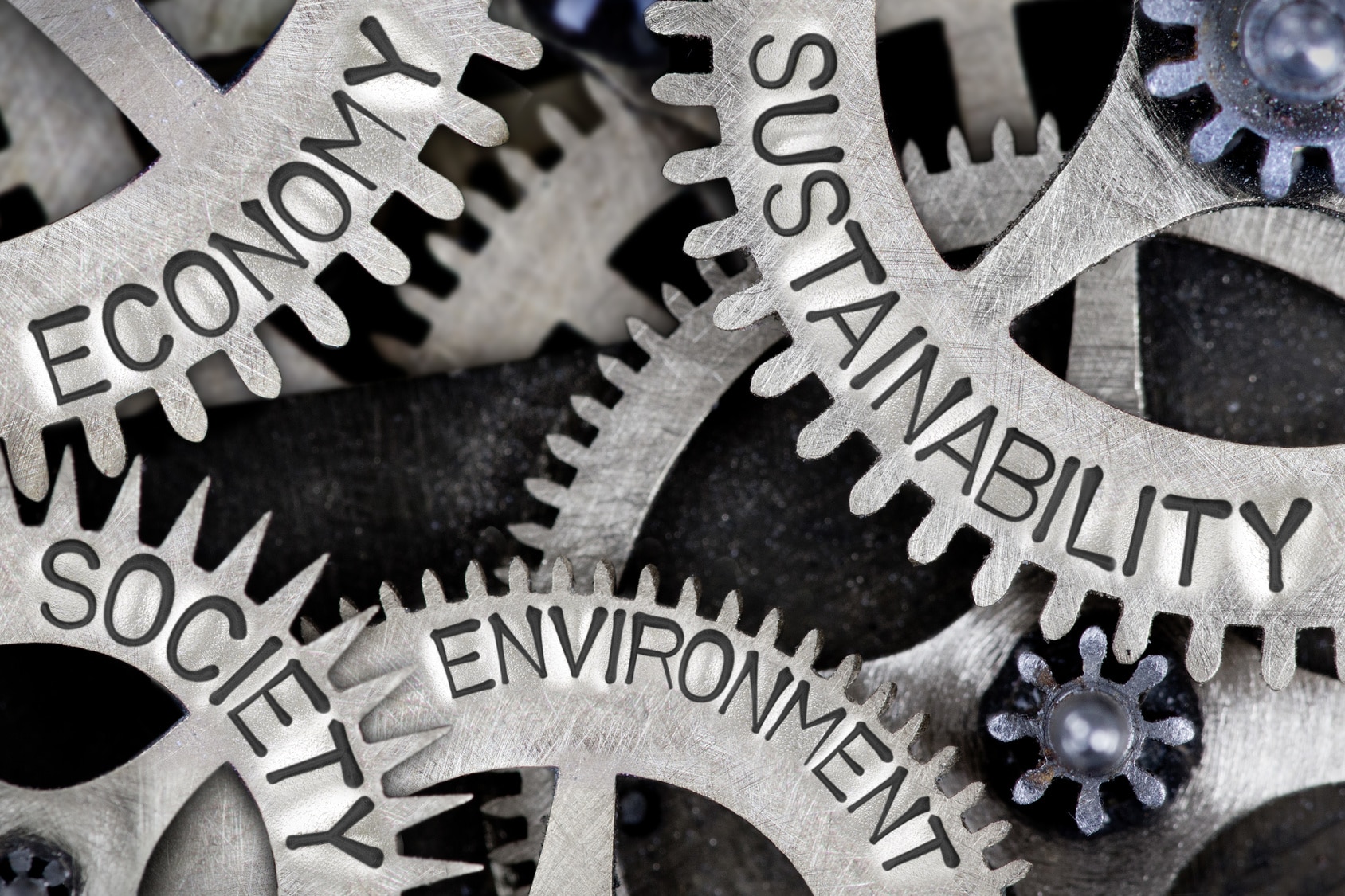
How You Can Contribute to Implant Recycling
If you’re interested in ensuring that metal body parts are recycled or reused rather than wasted, here are a few steps and considerations:
- Choose Cremation with Recycling: If a person with implants is open to cremation, this route makes it far easier to recover metals. When arranging cremation, ask the funeral home or crematory if they participate in an implant recycling program. Many do, and they will handle the process automatically. If your local providers do not yet recycle, you can encourage them to look into available programs – often it costs them nothing and even yields charitable returns. You directly support reusing those materials by opting for cremation (over burial) and patronizing a recycling-friendly crematory.
- Donate Pacemakers or Implants: Make your wishes known for pacemakers and other electronic implants you’d like to donate. You can register with a program like “My Heart Your Heart” or inform your healthcare proxy/executor that the device should be given to a pacemaker charity upon death. Similarly, some prosthetic limb reuse organizations exist (though beyond the scope of this article) if you have an external prosthetic limb to donate. The key is to ensure no potentially useful device gets thrown out. Discuss this with your family and include it in end-of-life documents if possible.
- Work with Professionals: Hospitals, clinics, and funeral homes should partner with reputable medical waste management services that handle specialized waste streams. A good waste management partner will ensure that any recyclable metals (like orthopedic hardware removed during surgery, etc.) are set aside for recycling when possible, and that any pathological waste is incinerated per regulations. They will also stay compliant with all local laws so that your facility or family doesn’t have to navigate the complexities alone. In short, entrusting experts ensures that nothing goes to waste and can be saved.
By taking these steps, you become part of a global movement to reduce medical waste and extend the benefits of medical technology to others. It closes the loop in the life cycle of medical implants – helping the planet and people in need.
Your Partner in Sustainable Medical Waste Management: Secure Waste Solutions
As we’ve seen, recycling metal implants and responsibly disposing of medical waste is a win-win for public health and the environment. Ensuring this happens smoothly requires coordination and expertise.
Secure Waste, Inc. is a leading medical waste management provider that can help healthcare facilities, funeral service providers, and other organizations handle all such waste safely, legally, and sustainably. With over 25 years of experience, Secure Waste understands the complexities of medical waste regulations and recycling opportunities.
Our team will work with you to segregate recyclable materials (like metals) from biohazardous waste, arrange compliant disposal or recycling, and keep you in full compliance with state and federal laws. We prioritize safety and environmental stewardship, from providing the proper containers to facilitating certified incineration for biological tissues.
Secure Waste offers cost-effective, no-contract services and flexible pickup schedules tailored to your needs. Whether you are a hospital with surgical hardware to dispose of, a dental clinic with extracted metal crowns, or a crematory operator handling post-cremation remains, we can assist in developing a waste management plan that maximizes recycling and minimizes environmental impact.
Our experts will ensure that all metal body parts and medical devices are handled with the respect and care they deserve and that any recyclable materials find a new purpose rather than end up in a dump.
Call Secure Waste at 877-633-7328 or visit our website at securewaste.net to learn more about our medical waste disposal solutions. We are happy to provide your facility with a free waste assessment and consultation.
Together, we can ensure that even the final chapter of medical implants and body parts leads to something positive—protecting our environment and possibly saving lives. Secure Waste is here to help you do the right thing, the right way, every step of the journey from usage to the afterlife of medical materials.
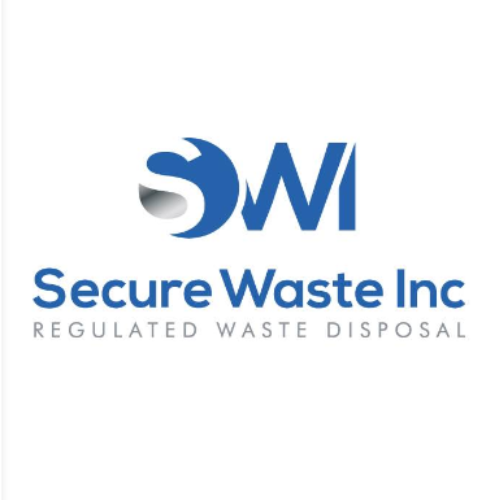
Expert Medical Waste Management: With over 25 years of industry experience, Secure Waste is a trusted local leader in hazardous and biohazardous waste disposal across Maryland, Virginia, and Washington, D.C. Specializing in medical waste management, sharps needle disposal, and biohazard waste removal, the company ensures full compliance with federal, state, and local regulations while prioritizing environmental sustainability.
The company also offers additional services, including secure document shredding and sharps container sales, providing comprehensive solutions for healthcare facilities and businesses. Our cost-effective services help clients maintain regulatory compliance without unexpected costs.
With a commitment to customer satisfaction, Secure Waste offers tailored waste management plans that align with industry best practices. Their team of experts provides reliable, timely, and compliant services, making them the preferred choice for medical waste disposal. For a free waste quote or more information, visit www.securewaste.net
